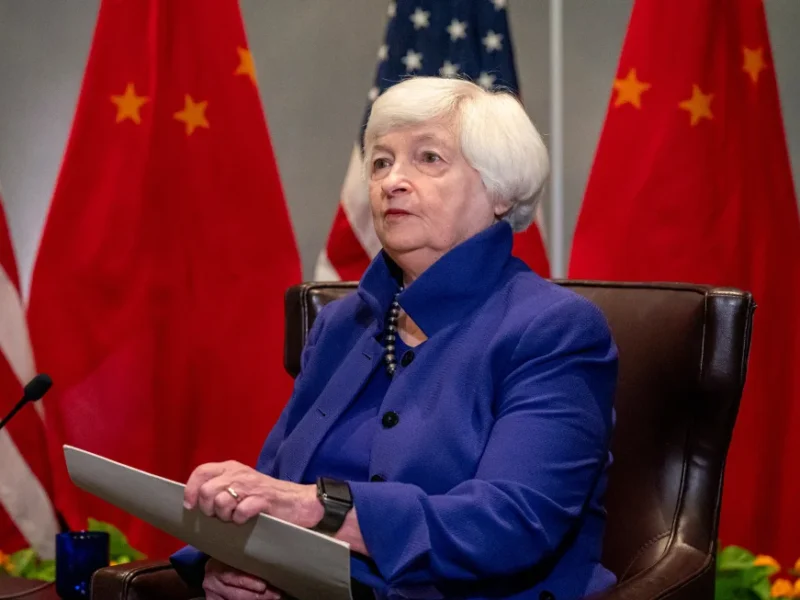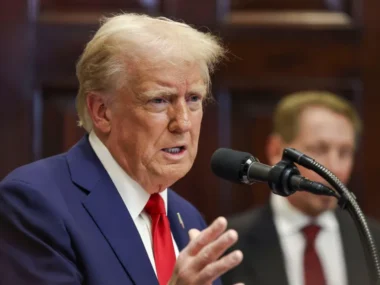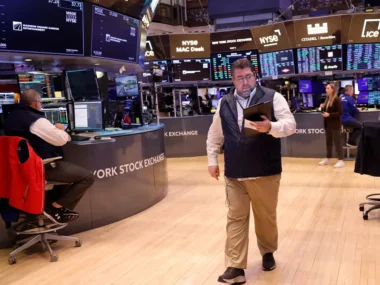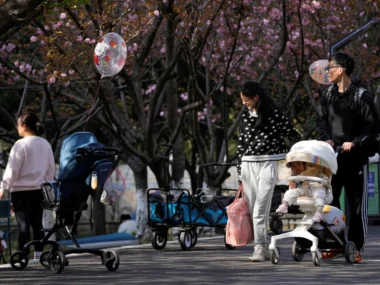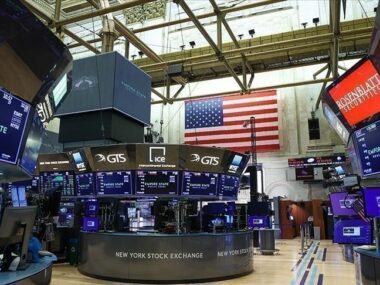Janet Yellen has embarked on her second trip to China as US Treasury Secretary, aiming to address economic challenges and foster stability in relations between the world’s two largest economies.
During her initial meetings in Guangzhou, a major southern city, Yellen highlighted concerns about the oversupply of Chinese goods in critical sectors like electric vehicles (EVs) and solar panels. This issue has become a significant point of contention leading up to the US presidential election in November.
Yellen emphasized the importance of a balanced economic relationship that benefits both countries during discussions with leaders from Guangdong province, known for its manufacturing prowess.
She underscored the necessity of fair competition for American workers and businesses, as well as transparent communication, especially regarding China’s industrial overcapacity, which could have global repercussions.
US officials and lawmakers are worried that China’s excessive investments and surplus production could flood international markets with inexpensive products, negatively impacting local industries and employment.
When asked about potential trade barriers if China doesn’t address overcapacity concerns, Yellen didn’t rule out such measures but stated that there were no immediate plans for them.
During a recent visit to a solar panel factory in Georgia, Yellen criticized China’s excess capacity, noting its adverse effects on global pricing and production, particularly in industries like steel and aluminum, which are subsidized by the state.
The increase in China’s exports of EVs, solar products, and batteries presents challenges for the United States, which has been focusing on revitalizing its own manufacturing sector.
“Continuing the conversation”
Yellen embarked on her journey to China on Wednesday following a phone conversation between US President Joe Biden and Chinese leader Xi Jinping, marking their first discussion since their historic in-person summit in California last November.
During her four-day visit to Guangzhou and Beijing, Yellen is slated to meet with Chinese Premier Li Qiang, Vice Premier He Lifeng, former Vice Premier Liu He, Governor of the People’s Bank of China Pan Gongsheng, and Finance Minister Lan Fo’an.
Craig Singleton, the senior director of the China program at the Foundation for Defense of Democracies (FDD), a bipartisan think tank in Washington, noted that the trip’s tangible outcomes might be limited.
“Currently, China’s main objective is to present itself as open for business and address mounting worries regarding the government’s limited efforts thus far in addressing the impending economic slowdown,” he remarked.
Yellen, speaking to reporters accompanying her to China, described the meetings as part of an ongoing dialogue between the US and China since the November 2022 meeting between Biden and Xi at the G20 summit in Bali.
Trade tensions
Biden administration officials have proposed increasing tariffs on imports from China to create a more balanced trade environment. With the US approaching the presidential race, candidates from both parties are aiming to demonstrate firmness towards Beijing. Former President Donald Trump has threatened to impose tariffs as high as 60% on imports from China if re-elected.
Trade tensions are escalating as Chinese leaders adopt a strategy of bolstering manufacturing for exports to compensate for sluggish domestic demand amidst waning economic growth momentum.
Beijing has invested heavily in new sectors like electric vehicles (EVs) and batteries to diversify growth drivers beyond the property sector, a key component of the Chinese economy that has weakened.
Rick Waters, managing director of Eurasia Group’s China practice, pointed out the discrepancy where China contributes a third of global production but only a sixth of global consumption, which poses a risk to the global trading system. Waters also highlighted President Xi’s focus on “new productive forces” for future growth, which includes emerging industries such as EVs, new materials, and artificial intelligence.
Trade disputes are likely to intensify before the election, with discussions about the Section 301 investigation and potential adjustments to tariffs initiated during the Trump administration to increase barriers to imports of EVs and other goods.
Aside from trade issues, Yellen intends to discuss bilateral cooperation on combating illicit finance and addressing global challenges like climate change and financial stability with Chinese counterparts, as per the Treasury Department.
However, analysts believe that Beijing is unlikely to shift its economic policies. Craig Singleton, from the Foundation for Defense of Democracies, suggests that Yellen’s upcoming meetings might just perpetuate the appearance of constructive engagement between the two superpowers, rather than resolving China’s contentious actions.
Singleton indicates that Beijing aims to reduce the presence of US multinationals in sensitive supply chains while enhancing its control over China’s private sector and international companies operating within China. He also mentions recent national security legislation in Hong Kong as part of this trend.
This story has been updated with additional developments.

